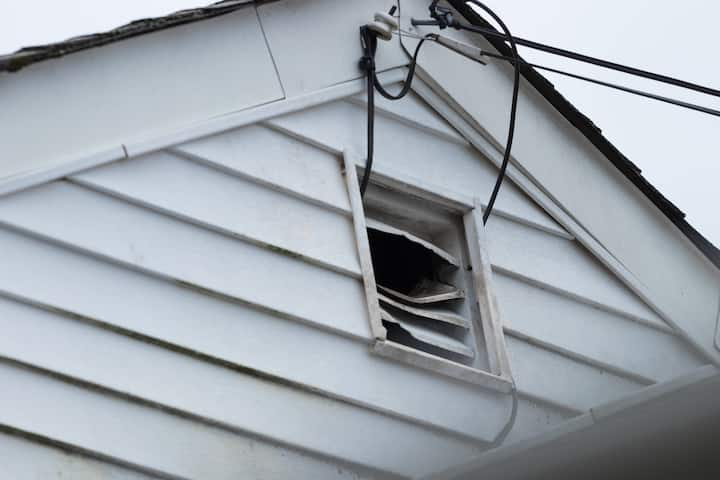Why you need Clackamas County wildlife removal service pros
1. Call us or complete our estimate form
Our calls and form completions are easy to connect to us with. You can feel confident that your property will be in great hands with one of our network professionals.
2. Connect with a local Clackamas County wildlife control expert
Completing our form is great if you are busy right now and want someone to get back to you at a later time. A call will connect you with a wildlife removal services professional quicker. Receive your competitive estimate; often you can receive an estimate right on the phone call, sometimes a little more discovery is involved, and the wildlife removal service pro might want to do some basic inspections before giving the estimate.
Request a Quote
Why you need Clackamas County wildlife removal service pros
Wildlife removal service is essential
Are pesky critters wreaking havoc on your home or property? Fear not, for we are your trusted partner in wildlife removal! Our network of highly skilled and experienced professionals thrives on the challenge of connecting you with the best wildlife removal providers in the industry. We understand that each situation is unique and requires a personalized approach. Our team takes the time to carefully assess your needs and match you with the perfect partner for your specific wildlife concern. Our niche partners specialize in a variety of wildlife removal services, including rodent control, trapping and relocation of larger animals, and exclusion techniques to prevent wildlife from entering your property. Our wildlife experts use humane methods to ensure the safety and well-being of both you and the animals. We are passionate about preserving a healthy environment and sustainable solutions, and we understand how wildlife impacts your home and property. From start to finish, our team provides top-notch service and support to ensure the successful removal and prevention of future animal intrusions. So don’t let wildlife intruders ruin your peace of mind. Contact us today to learn more about our tailored wildlife removal services and how we can connect you with the best wildlife removal providers in the business. Trust us to handle the wild side of life, so you can live in peace.
